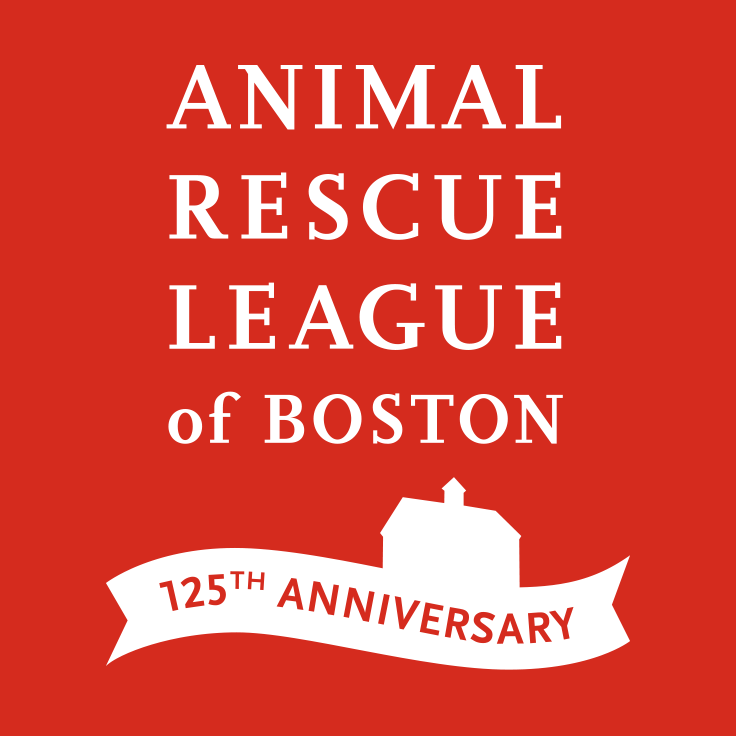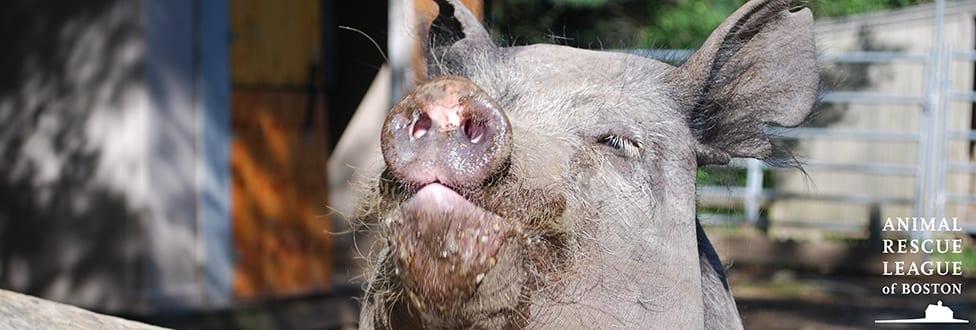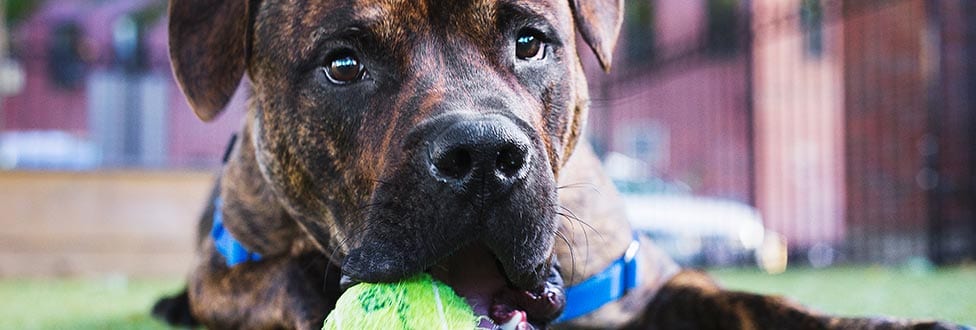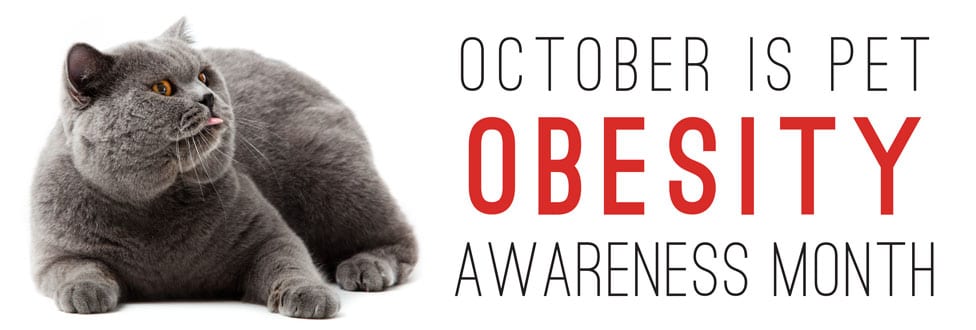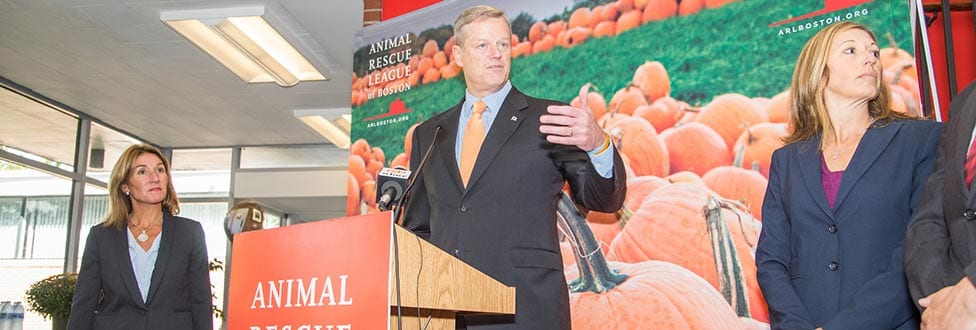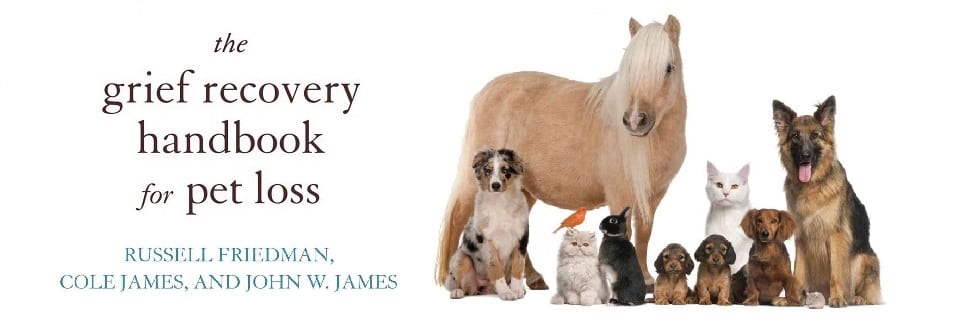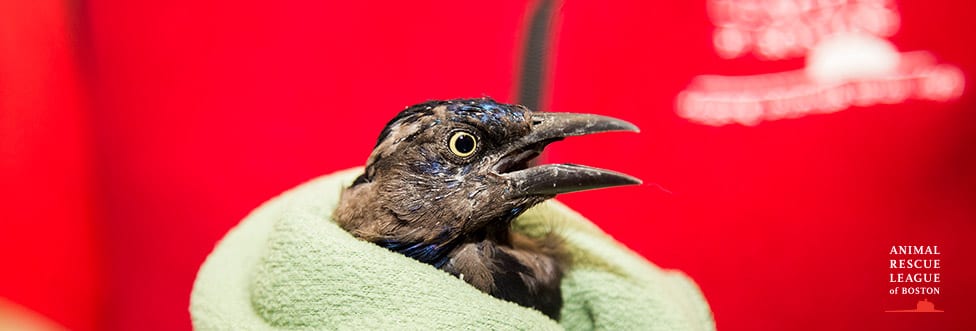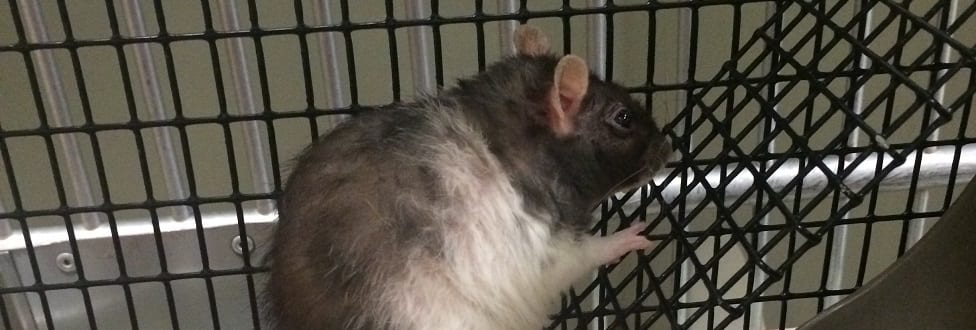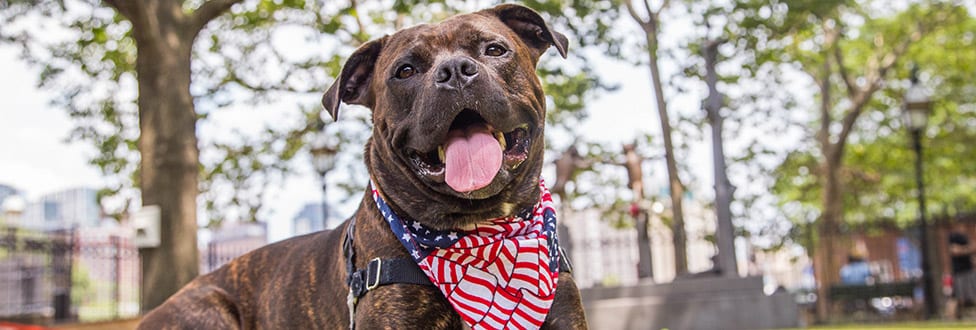3 Reasons to Vote YES on 3
Prevent farm animal cruelty with just one vote: YES on Question 3!
With Election Day only a few short days away, the Animal Rescue League of Boston (ARL) wants to remind you why this is such an important election year. Sure, you’re voting for the next President of the United States — but you’re also voting YES to stop unnecessary farm animal cruelty and YES to protecting Massachusetts families from unsafe food products.
Endorsed by the ARL and all of Massachustts’ major animal welfare groups, The Act to Prevent Cruelty to Farm Animals, ballot Question 3, is a modest animal protection and food safety measure that will prevent breeding pigs, chickens, and calves from being confined in cages so small they can’t even turn around or extend their limbs.
Here are 3 reasons to vote YES on 3:
- Promotes responsible farming. Question 3 phases out the use of highly-restrictive cages by 2022, giving producers and retailers ample time to comply with the modest requirement that farm animals have enough space to turn
 around and extend their limbs.
around and extend their limbs. - Protects food safety. Industrial animal operations put consumers’ health at risk. Unable to move and constantly stressed, confined animals suffer from weakened immune systems that lead to illness. The Center for Food Safety endorses Question 3 because numerous studies show that egg operations that confine hens in cages have higher rates of Salmonella, the leading cause of food poisoning-related death in humans in America.
- Makes economic sense. Most Massachusetts farmers are already cage-free and have shown that affordable food can be produced with animal welfare in mind. According to a study conducted by the egg industry itself, it costs just a penny per egg to produce cage-free eggs rather than battery cage eggs. The pork industry published a study that determined it can cost 11 percent less not to use gestation crates. In addition to the ten states that have passed laws prohibiting certain types of extreme confinement, nearly 200 major food retailers, such as McDonalds’s, Walmart, and Dollar Tree, and restaurant chains have policies phasing them out.
When you hit the polls on Tuesday, November 8, don’t forget to vote YES on Question 3 to prevent farm animal cruelty!
